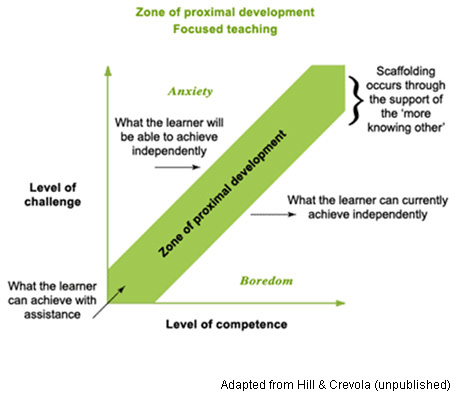
Well, this semester is nearly over. Only one day of classes left and one week of finals. This semester flew by very quickly, and I can't believe how much I have learned in just a few short months.
Educational Psychology is the first "real" teaching class I have had. (Intro. to Music Education didn't really teach us about teaching.) I found this class to be very interesting and inspiring. As I read the chapters of our textbook, I found myself circling and underlining things that I could apply when I am a teacher. Instead of memorizing who wrote what theory and the individual parts of that theory, I asked myself "How can I use this information in my classroom?" This was just my natural reaction to the class. Because I naturally thought like a teacher, I hope that that was a sign that I am meant to be a teacher. There are days when I doubt my choice, just as most people do, but in the end, I think that I will be very happy as a teacher.
Before taking this class, I was very nervous for my first year of teaching. Now, I know that my first year will be hard (as evident from the textbook and the movie "Chalk"), but I feel more prepared for it and ready to meet the challenge. I know that my first year of teaching will probably be my worst, but as I gain experience and confidence, my years of teaching will just become better and better.
I am just itching to get out into the classrooms and apply what I have learned thus far. This summer, I will be able to apply my new knowledge at the child care center where I work. That will be a good start. I'll keep you posted.

















